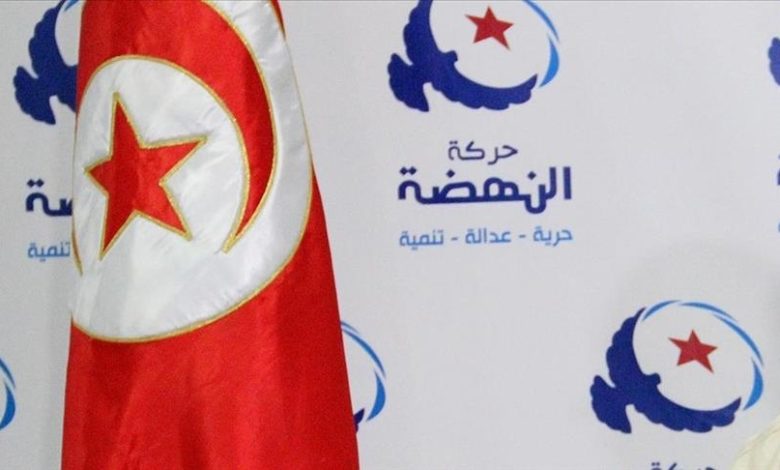How are the Brotherhood seeking to undermine reform in Tunisia?

The Tunisian people live with a long string of details about the eventual elimination of the terrorist Brotherhood, as the group interferes with several state institutions during their dark rule.
The terrorist group is trying by all means to disrupt the growth of Tunisia through intellectual and moral terrorism. The aim is to thwart the reform confirmed by the Tunisian President, Kais Saied, which began with removing the Muslim Brotherhood from power, ending the terrorist parliament and restoring the free nation through the ballot boxes that led to the emergence of a strong parliament that expresses the identity of the Tunisian people.
Systematic Brotherhood Campaigns Against Parliament
The success of the July 25 process represents a headache for the terrorist groups, which is what the Brotherhood is well aware of, as they write their end, which is what prompted them to make systematic campaigns to falsify the awareness of the Tunisian voter. They targeted the components of the electoral process, the idea of the timing of the elections, the candidates, and President Kais Saied’s supporter. The group tried to destroy the electoral process from the basis, and they resorted to blackmailing and threatening candidates, to push them to withdraw and boycott. Also, the electronic committees waged deliberate campaigns against President Kais Saied, even demanding his removal, in attempts to destroy the country and its future and obstruct its steps towards a state of institutions, something the terrorist group did not succeed.
Attempts to Overthrow the President
However, the objectives of the Brotherhood were clearly revealed with the rise in their votes after the beginning of the Tunisian parliament sessions, where they demanded the Tunisian president to resign not because of a mistake he committed or a corruption he was accused of, but because the voting rate was not high, which reflects their fears of the institution of the presidency for the time being, as it is the strongest and coherent point that citizens clung to in order to solve the problems that have accumulated since the Brotherhood era.
Rising prices and the crisis of food loss
The group has played a number of games, including storing and concealing food resources in order to create a crisis of high prices for the Tunisian people. The Tunisian president said in a statement published on the official page of the presidency that it is no longer a secret that those who stand behind the continuing phenomenon of losing a number of food items are seeking in every way to inflame the social situation so that they can benefit politically.
The Tunisian president stressed the need for all concerned authorities in the country to assume their responsibilities and to create a strategic stock to thwart desperate attempts to provoke crises.
The Brotherhood Deceives Reform in Tunisia
Political analyst Hazem Ksouri said the Brotherhood is intent on undermining reform in Tunisia by engaging with the corrupt to promote rumors, spread unrest and strife among the people, and fabricate high prices and seek political guidance abroad from professional syndicates as part of their plan to prevent freedoms through mobilizing the street against the state and institutions.
Ksouri added: The group markets and exploits the image abroad, and the Muslim Brotherhood bought the blood by using corrupt money to make their plan to confuse the state and institutions, and to communicate and get close with foreign figures to target the Tunisian state, and to prevent it from obtaining loans. This is the role played by the steadfastness that is calculated to move in America, which confirms the file of conspiracy that they claim is not established. And the situation is that this file, which was opened in Tunisia and referred to those who were referred, is conclusive bonds about the Brotherhood coup plan against the state and the regime, through the use of other parties that allied with them to strike the course of correction led by President Kais Saied. This explains meetings with foreign figures and their rapprochement with them in order to target the person of the president and state institutions, and to mobilize the street, newsletters, and media platforms. This failure was due to the presence of state agencies that watch over the security of the state and the alertness of citizens and their love for their country.












